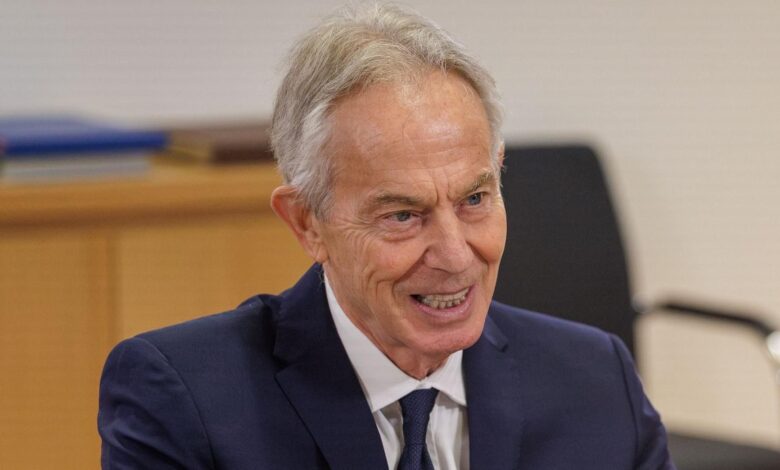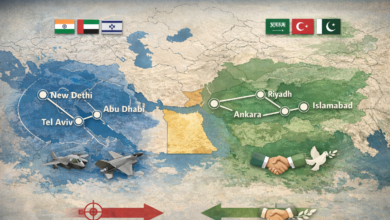REPORTS
Leaks Reveal UAE Pushing Tony Blair as Transitional Leader for Gaza

The idea that Tony Blair might lead a transitional authority in Gaza is gaining traction—and according to leaked sources, the United Arab Emirates is playing a pivotal role in pushing the agenda. The scheme raises profound questions about sovereignty, reconstruction, and whose interests will dominate Gaza’s postwar path.
The Proposal in Brief
The plan under discussion envisions a Gaza International Transitional Authority (GITA) to govern Gaza for a multi‑year period before transferring authority to Palestinians. Under this model:
- GITA would serve as the “supreme political and legal authority” in Gaza.
- Its board would include international and regional representatives alongside at least one Palestinian member.
- An executive branch staffed by technocrats would oversee health, education, finance, and security.
- A separate International Stabilization Force is proposed to protect humanitarian operations, borders, and support local policing.
- Hamas would be excluded, while the PA is slated to play a coordinating but secondary role initially.
- The GITA model draws on past UN-led transitional regimes that oversee post-conflict governance until stability allows for local rule.
UAE’s Strategic Role (Leaked Backchannels & Influence)
While public coverage emphasizes U.S. and British involvement, multiple leaks point to the UAE’s deep influence:
- In prior years, the UAE’s Abdullah bin Zayed transferred funds and collaborated with Blair through consultancy networks. Leaked emails show $2 million and $12 million payouts via Windrush Ventures during his tenure.
- According to Gulf diplomats, the UAE has lobbied regional states to condition support for Palestinian representation on endorsement of Blair’s role—effectively preempting voices critical of Gulf influence.
- The UAE sees this as a chance to entrench influence in Gaza’s future: guiding reconstruction contracts, security architecture, and the political roadmap from within.
- Sources describe Gulf‑UAE emissaries quietly coordinating dialogue between Israeli, U.S., and Arab actors to align support around Blair, while isolating dissenting Palestinian factions.
Benefits, Risks, and Bitter Consequences
For the UAE and its allies:
- A Blair-led transitional authority offers legitimacy and a veneer of technocratic governance.
- Gulf states gain access to reconstruction contracts, influence over political institutions, and control over strategic assets.
- It helps embed Israel within a broader regional order where Gulf states act as mediators and power brokers.
For Palestinians:
- The plan may sideline popular accountability, civil society, and legitimate resistance.
- It risks locking in foreign oversight under the ostensible guise of stability.
- It threatens to normalize external imposition over Gaza’s future.
For regional dynamics:
- The UAE’s move to place Blair could exacerbate tensions with reluctant Arab states who demand Palestinian centric solutions.
- It may deepen fractures between the PA and Gaza factions if perceived as external control.
Current Status & Barriers
- Blair has reiterated he would not support forced displacement of Gazans.
- No final decision has been made—support from Israel’s leadership, Hamas, and Arab states remains uncertain.
- Blair’s past (e.g. Iraq war) makes his role deeply controversial among Palestinians.
- The timeline is short: U.S. and UAE actors are reportedly pressing for agreement to lock this structure in as ceasefires and stability windows emerge.




